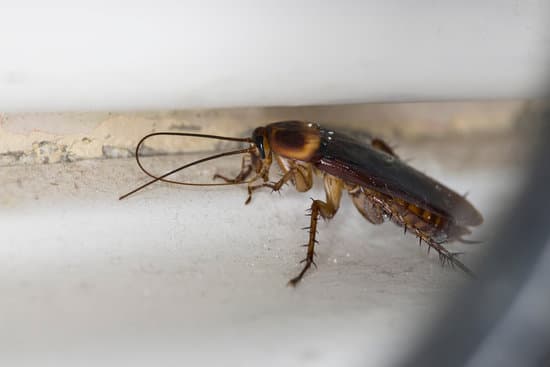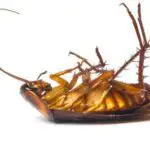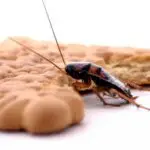What Cockroaches Do to Humans
Cockroaches are not only a nuisance but they also have a negative effect on human health. They carry allergens that can trigger allergic reactions and even asthma attacks in some people. A 1943 study found that people who were exposed to cockroach allergens developed rashes on their skin. This was the first evidence that cockroaches were the cause of such allergy. In 1959, an allergy skin test was developed to confirm this.
Cockroaches can carry a range of deadly bacteria. The bacteria they carry can survive for months in the digestive tract of cockroaches, and this makes them very dangerous. Fortunately, cockroaches can be eliminated with the help of good hygiene and pesticides.
Cockroach allergens are known to trigger asthma in children and can also cause other allergic reactions. In addition to triggering asthma attacks, cockroach allergens can also lead to gastrointestinal illnesses. Moreover, the feces and saliva of cockroaches are known to trigger asthma attacks in people who are sensitive to the antigen that cockroaches release. This allergen can be especially harmful for children, who may be more vulnerable to asthma.
As a result of their feeding on contaminated food, cockroaches can spread bacteria, such as the bacterium known as Salmonella. People who contract this disease need to seek immediate medical attention. They should take antibiotics within 24 hours of being exposed to the bacterium. People who have had the disease will often be suffering from fever and diarrhoea, which can last anywhere from 12 to 72 hours. However, most victims recover within four to seven days.








